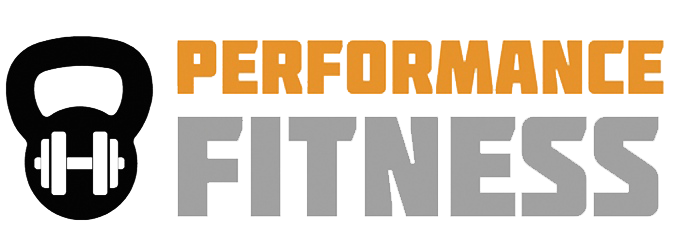Bow Down to That Injured Body
So you’ve been beating Boot Camp, killing kettlebells, and destroying deadlifts in your training sessions. You’re in the zone and working out multiple times a week. You’re planning to increase your strength or sign up for a 10K run that you never imagined was possible. You are on top of the world!
Then, BAM! Your knee feels a bit tweaked. Your shoulder burns. Your back aches. Despite noticing the pain, you want to keep going. You convince yourself that it’s nothing—you just pull a Taylor Swift and shake it off.
You’re a fool.
If you keep pushing your injured body, you’ll end up regretting it. Recovering from an injury can take three days to six months to heal—and even more if surgery is on the table. Unless you’re needed to return to a professional team that can’t make the playoffs without you, it’s time to rest and recover.
Here are five actions I recommend if you encounter an injury:
1. Listen to Your Body
In a post from last year, I lamented over those macho Pinterest quotes that say, “Don’t stop when it hurts. Stop when you’re done” or “Unless you puke, faint or die, keep going!”
When you exercise, you have to push yourself, but you also have to push your ego out of the way to listen to your inner wisdom. It’s not about backing down from a hard workout. It’s about preventing an injury or avoiding making one worse.
I love this observation from Andrew Read of Breaking Muscle on “How to Adapt Your Training to Injury (Or Not Get Hurt to Begin With)”:
The thing most people lose sight of, and that Dan John makes clear up above, is that in nearly all cases people are training for the health benefits. So if you’re training for health, why would you pick exercises that hurt you? And does it really matter if you squat one way or another provided you work to keep that pattern? One of the reasons people get hurt in the gym in the first place is ego. One of the reasons they keep getting hurt is the same. They simply won’t allow themselves to accept that they’ve done permanent damage and that certain things are beyond them.
Well said, Andrew.
2. See a Doctor
Once you’ve admitted to yourself that the pain you’re feeling is an injury and needs attention, go see a doctor. If the injury requires it, go to physical therapy. Don’t avoid medical attention and think the injury will heal itself.
3. Warm Up
Now this advice may be more apt BEFORE you become injured, but it’s still worth noting here. Just because you are injured doesn’t mean that you need to stop exercising altogether (of course, depending on what the doctor says). But before you modify your workouts to rest your injured body part, you should warm up first.
I’ve discussed the importance of warming up before, and I’ll share my favorite analogy with you again about the importance of doing this pre-workout ritual every time you prepare to break a sweat.
Imagine freezing a handful of rubber bands. When you take them out of the freezer and stretch them, what happens? They break, of course. Now if you let the rubber bands thaw and get warm, they won’t break when you stretch them. They’ve been warmed up.
Keep that visual in mind when you’re hungry to get your heart rate pumping and roll your eyes at a warm up. You want your muscles to be working optimally to avoid injury.
4. Exercise Other Muscles
Once your injury is diagnosed, it’s time to modify your workout. If your shoulder needs rest, do something with your legs. If your hips ache, channel your upper body.
Prevention has a great article, “How to Exercise When You’re in Pain,” which recommends ways to substitute exercises to avoid using an injured area. For example, if your back needs a break, the article recommends walking, stretching, protected ab exercises, swimming, recumbent bike, yoga and Pilates.
5. Adjust Your Diet
Finally, if you are injured and looking to reduce fat, you’ll need to adjust your food intake if your activity decreases during your recovery period. While we’re not talking starvation, you need to keep in mind that your food consumption should support your goals and activity level.
One suggestion to keep you happy during this time of less activity is to channel your inner chef. Work harder to prepare meals in advance from scratch. That way you’ll avoid those pre-packaged snacks and likely eat fewer calories.
I hope that with these tips, you’ll be back on pace in no time, burning up those calories and pumping up your strength just like you were before the injury.

